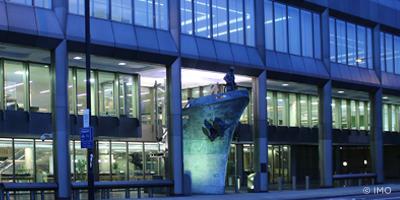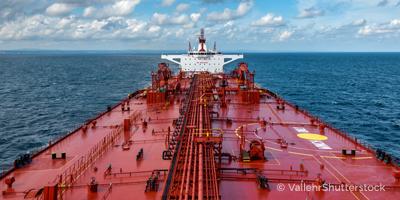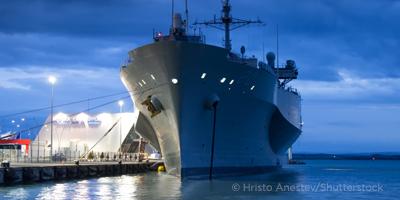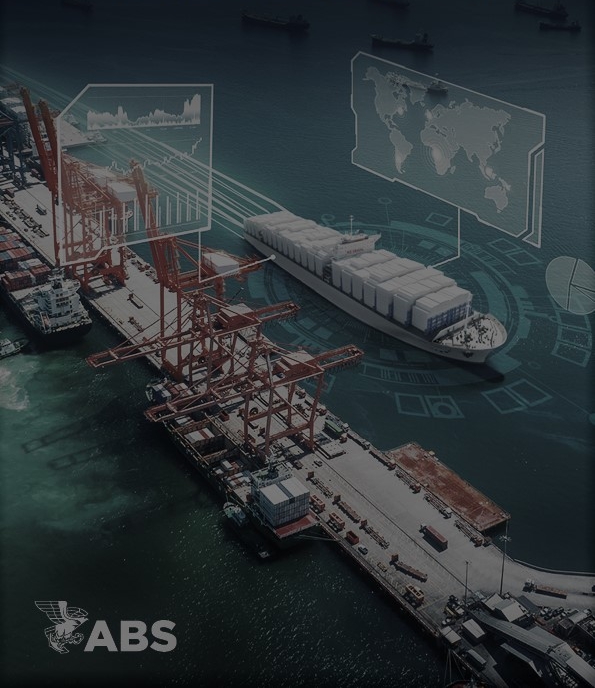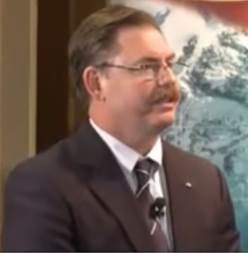A year ago, the offshore support vessel sector was alive and well. Projections at the time indicated the mobile offshore fleet would grow by more than 1,000 units in the course of several months. With OSVs included in the number, the global fleet was expected to expand 4.8%, with an additional 17% growth by 2020. Changes in the global energy market have dramatically changed this outlook, and today, companies are looking for answers to the challenges of low utilization and an oversupplied market.
ABS Manager, Energy Development, Mike Sano represented ABS in a recent event focusing on the offshore support vessel (OSV) sector. Sano chaired the main session, OSV & Subsea, for the “Offshore Vessel Connect North America – Informa Maritime” conference held at Hilton Greenway Plaza Doubletree Hilton Hotel on 17 and 18 March. In his role, Sano oversaw presentations and discussions on OSVs and subsea issues, acting as moderator for several panel sessions and leading the question and answer exchanges that followed the formal presentations.
The conference, which included an exhibition, was organized in three concurrent sessions: one devoted to OSVs and subsea issues, another on dynamic positioning and a third addressing accommodation and access.
The morning OSV and subsea session covered market analysis as well as legal and financial presentations and included a panel session and some roundtable exercises to encourage interaction and networking. The discussions took a serious tone, with many participants pointing out that the oversupply of vessels, a low utilization rate, and more newbuilds being added to the fleet compound the problems created by a down market. The common belief is that layups are not enough and that a significant number of scrapping needs to happen to bring the market more into balance but that this is not taking place as rapidly as it should.
The analyst community – represented by Clarksons Platou, IHS and Douglas-Westwood –explained that banks are taking an increasingly hard line on lending in the current environment because the value of the assets has been downgraded. Revolving credit lines have been reduced in a tradeoff for financing to cover a sustained low-utilization period. While converting vessels to work in other more buoyant market segments is possible, analysts agree that once an OSV is converted to work in another sector, it becomes cost-prohibitive to return it to work as an OSV when the market rebounds.
The US Coast Guard (USCG) presented information on Subchapter L and Subchapter I on the second day of the conference as well as requirements for handling of conversions alongside classification societies and technical experts from across the OSV sector, including a ship-recycling broker. ABS Assistant Chief Engineer Paul Walters participated in a panel discussion on Integrated Software Quality Management (ISQM) and cyber security on day two of the conference along with with Ryan Mobry of the USCG, David Christopher with Robert Allen, Peter Laborde with Laborde Marine. ABS Group Senior Director of Asset Integrity Management (AIM) Gareth Burton delivered a technical presentation on the AIM services offered by his company.




